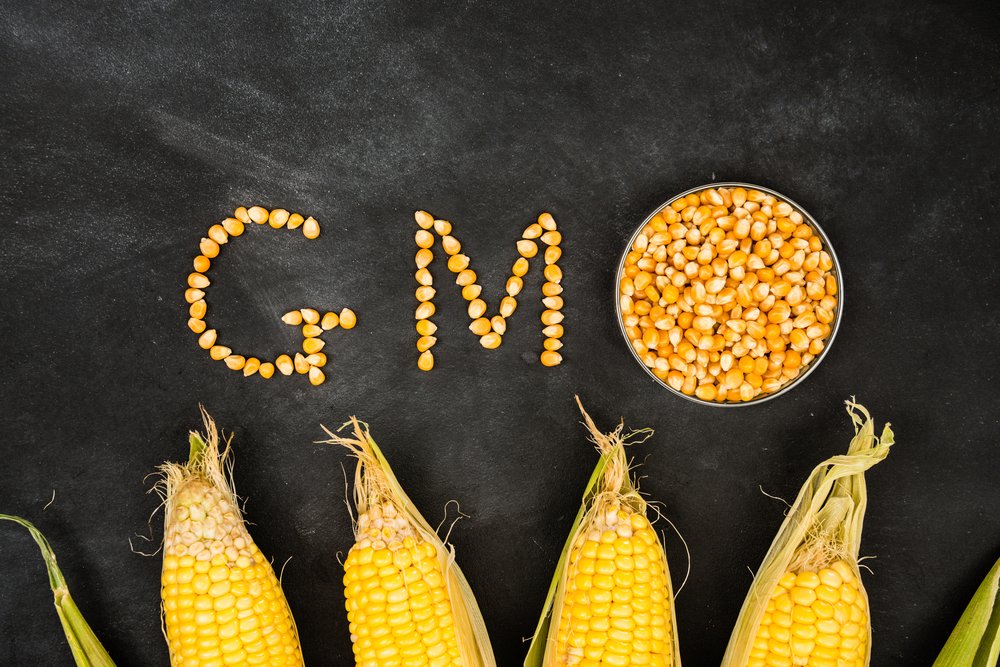Plants get stressed, too.
When faced with harsh growing conditions, the energy plants typically expend on growth gets delegated towards a stress response induced by disease, salty soils and extreme weather.
And according to a new study conducted at Nagoya University in Japan, understanding the ways in which plants experience this process—called the growth-stress response trade-off—may be a way to increase crop yields. Through the study, researchers discovered what they refer to as a “pathway” or mechanism within the chemical makeup of a plant that regulates whether the organism will use its energy to tolerate stressors or grow.
The knowledge has the potential to allow scientists to control that stress response and produce hormones in plants to increase crop yields.
For the research, the team used a small, flowering plant called thale cress to study the hormone responses and the hormone receptors that react to it. They focused on three receptors within the plant, of which the corresponding hormone had not yet been identified.
In doing so, researchers discovered a “new family” of hormones called PSY, or a group of compounds that function as a hormone within the thale cress, binding to receptors and acting as a switch to fluctuate the plant’s energy between stress responses and growth.
Scientists put the plants through the wringer—growing them in stressful conditions, including extreme heat and salty soils, and even infecting the plants with bacteria to study the stress response.
They concluded that stressed-out plants stop producing the PSY hormones, the lack of which increases the presence of stress response genes within the organism. When in harsh growing conditions, instead of creating the PSY hormone, which can flip the switch and send the plant back into growth mode and out of stress mode, the plant focuses its energy on simply surviving—effectively stunting its own growth.
The new discovery of that “�?switch” paves the way for scientists’ ability to flip it intentionally in the future. This is especially true for crops grown indoors or in low-stress environments, where all the plant’s energy could be focused solely on growing.
According to the study, the mechanisms on which researchers focused in the thale cress are present in most plants, so the findings are applicable to most crops.
“This mechanism makes it possible to artificially control the balance between stress tolerance and yield, which is a trade-off relationship,” said professor Yoshikatsu Matsubayashi of Nagoya University. “Generating cultivars with reduced PSY receptor activity in plant factories may lead to higher yields in these controlled environments.”
!function(f,b,e,v,n,t,s)
{if(f.fbq)return;n=f.fbq=function(){n.callMethod?
n.callMethod.apply(n,arguments):n.queue.push(arguments)};
if(!f._fbq)f._fbq=n;n.push=n;n.loaded=!0;n.version=’2.0′;
n.queue=[];t=b.createElement(e);t.async=!0;
t.src=v;s=b.getElementsByTagName(e)[0];
s.parentNode.insertBefore(t,s)}(window, document,’script’,
‘https://connect.facebook.net/en_US/fbevents.js’);
fbq(‘init’, ‘264217957779476’);
fbq(‘track’, ‘PageView’);


![[Video] A Hands On Experience with the New John Deere Gator AutoTrac](../ext/resources/images/social-media/PFD-logo_height-635-t-1603299623-width-1200.png)
![[Podcast] A Conversation About Expansion and Precision Ag Trends with Skip Klinefelter](../ext/resources/images/social-media/PFD-Podcast-logo.png)








